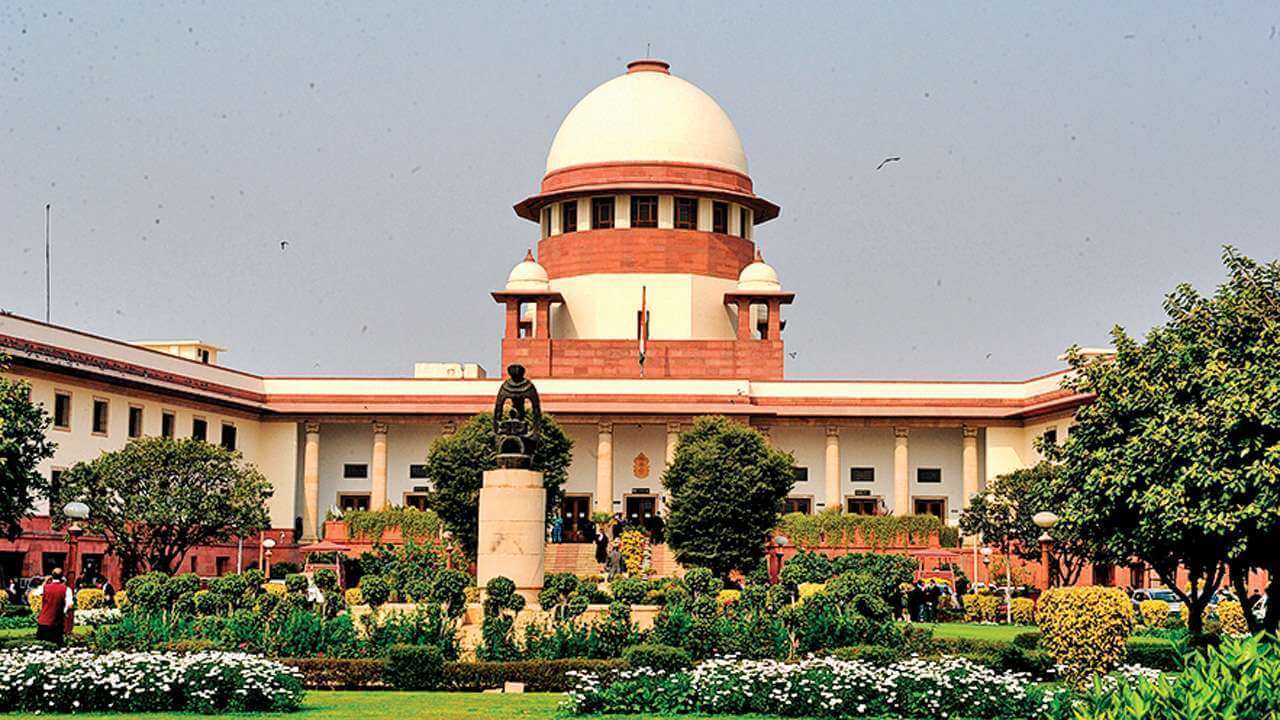New Delhi: The Supreme Court stated that the reservation is a tool for social empowerment and not financial upliftment.
“Reservation as a traditional concept is not for financial empowerment, it is for social empowerment, it not just to improvise the economic lot or status,” remarked the apex court, reported Bar and Bench.
A bench of five judges including the Chief Justice of India (CJI) UU Lalit Thursday was hearing a batch of pleas challenging constitutional validity of 103rd Amendment.
The amendment provides reservation of 10 per cent seats in public and private educational institutions and in public employment for “economically weaker sections” of citizens other than Scheduled Castes, Scheduled Tribes and socially and educationally backward classes of citizens.
However, the petitioners objected that the economic classification can not be the only base for granting reservation. It further said the inclusion of EWS candidates violates the constitution as it breaches the overall 50 per cent ceiling of reservation.
Also Read: Kerala HC Stays PFI’s Dawn-To-Dusk Strike Against NIA, ED
Meanwhile, appearing for some EWS candidates, Senior Advocate Vibha Dutta Makhija questioned, “Does the Constitution want to restrict reservation only to castes.”
During the arguments, it came up that there is no identification method for EWS. To which, Solicitor General Tushar Mehta said that the lack of guidelines might not be sufficient to declare the amendment unconstitutional.










